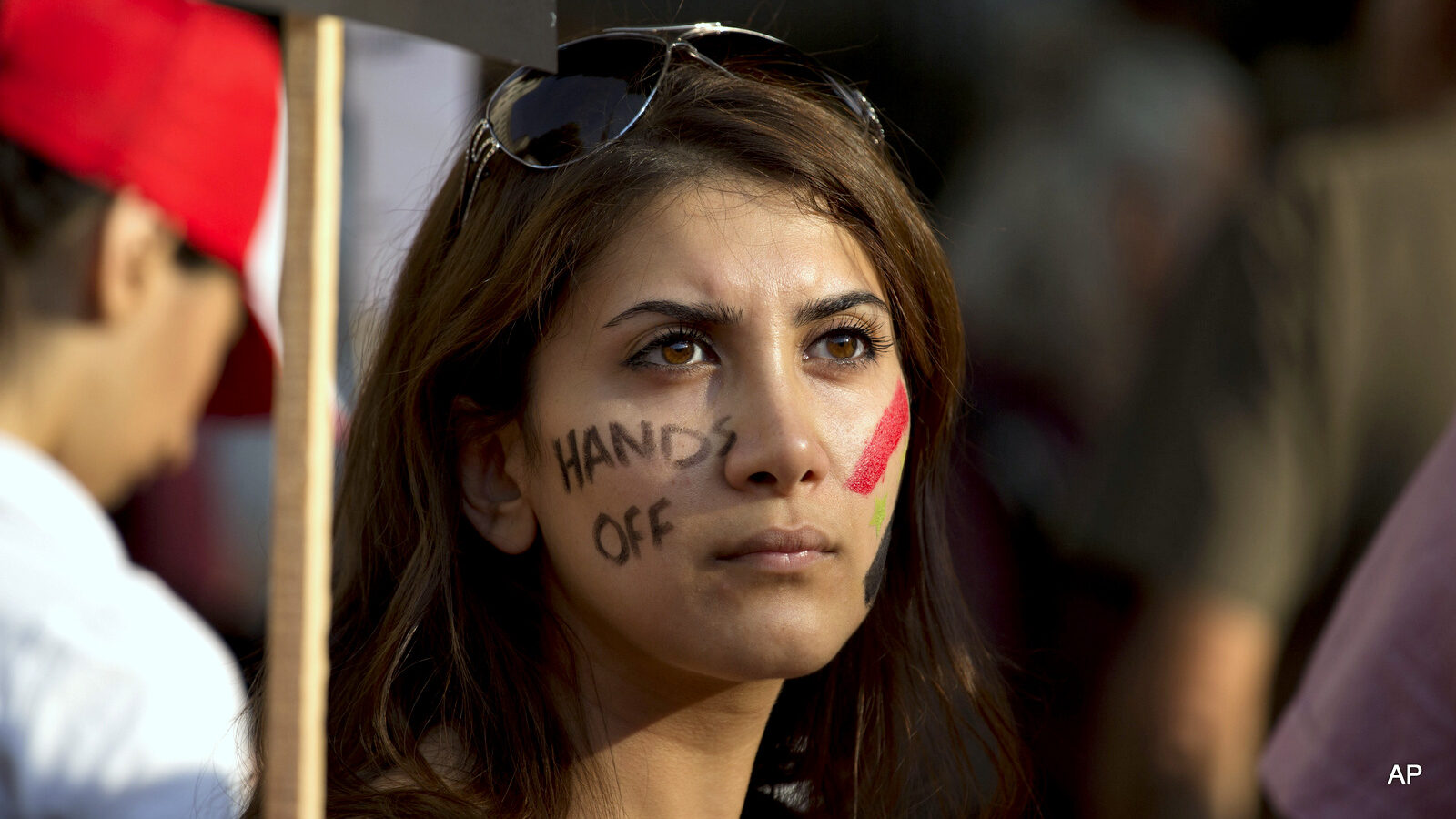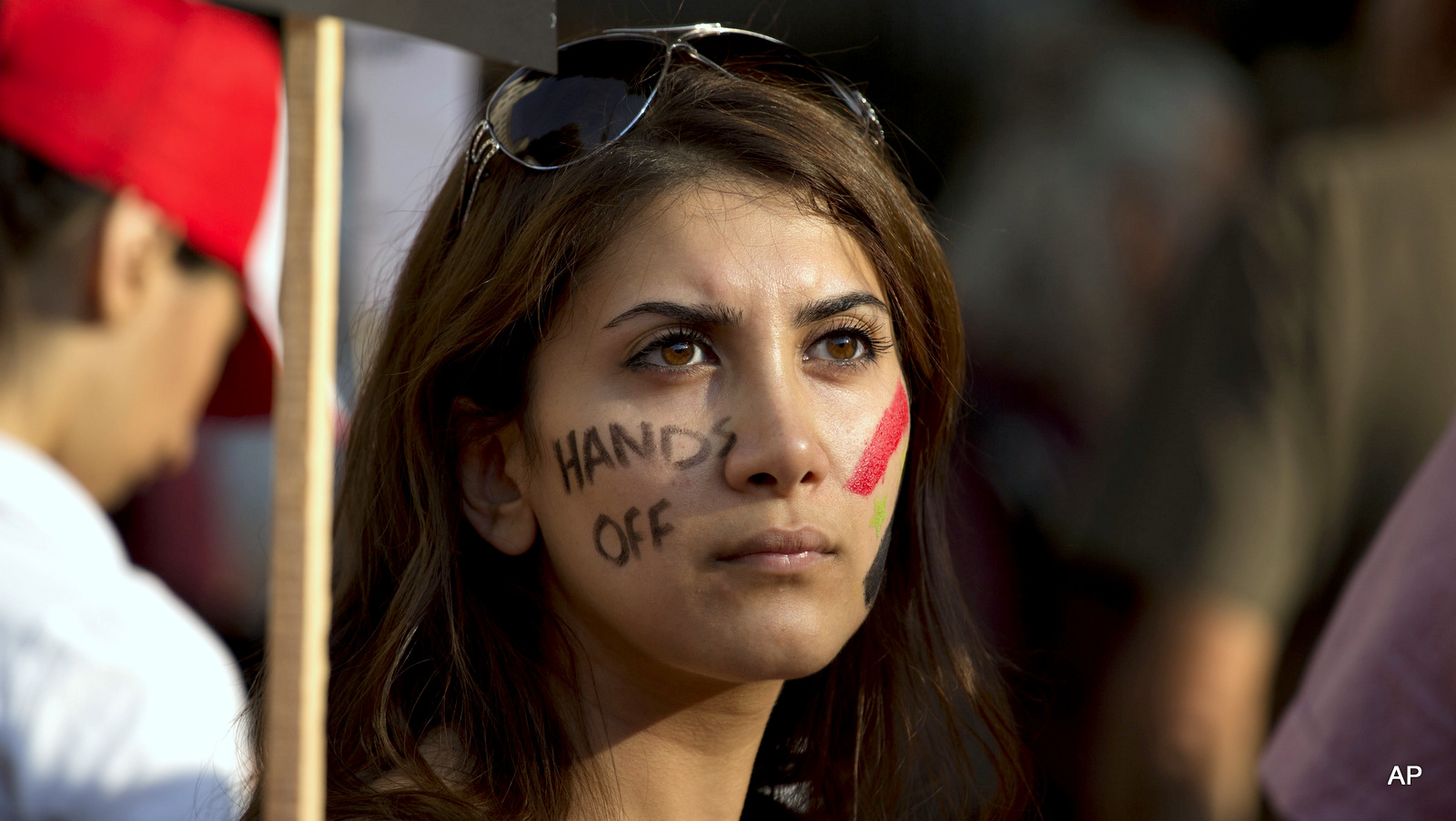
SYRIA (Analysis) — The philosopher and politician Antoun Saadeh was a true visionary. He died in 1949; but before he perished, he foretold of the sorts of conflicts and wars that we are seeing today in Syria and the Middle East. He is perhaps best known for founding the Syrian Social Nationalist Party (SSNP) in 1932, which would result in his arrest three years later.
His 1935 arrest was the first of several that would see him locked up in intermittent periods between that year and 1937. But his imprisonment did not stop him from expanding on the ideology he established with the SSNP, as he would write three books (“The Rise of Nations,” “Principles Explained” and “The Rise of the Syrian Nation”) while in prison. His manuscript for the third book was taken by French authorities and now sits under lock and key in the Louvre, much like Saadeh himself when he was jailed.
One of the cornerstones of his ideology was secularization. He advocated the complete separation of religion and politics as a fundamental condition for real national unity. He valued diversity, saying “Every nation is made up of diverse racial groups, and none of them is the product of one race or one specific tribe.”
But in the years since his death, his birthplace of Lebanon has become a highly sectarian nation and society. In the political scene, the nation is broken into pieces by religion and sect. The President must be Maronite Catholic, while the Prime Minister must be Sunni Muslim and the Speaker of the Parliament must be Druze. Religion and sect are not chosen through one’s own free will, but are imposed at birth.
Foreign powers, hoping to create chaos in the Middle East, have long used the tactic of igniting sectarian strife in the countries they wish to target, pitting some of the population against others through the strategy of “divide and conquer.” The U.S. and NATO have used this extensively in Iraq, Syria and Lebanon.
The SSNP’s official logo, the “Zawba’a,” is a symbol derived from Mesopotamian art. The red whirlwind symbol is said to symbolize the blood that was shed by the party’s martyrs throughout its history, while the black circle symbolizes the dark ages of sectarianism and colonial oppression.
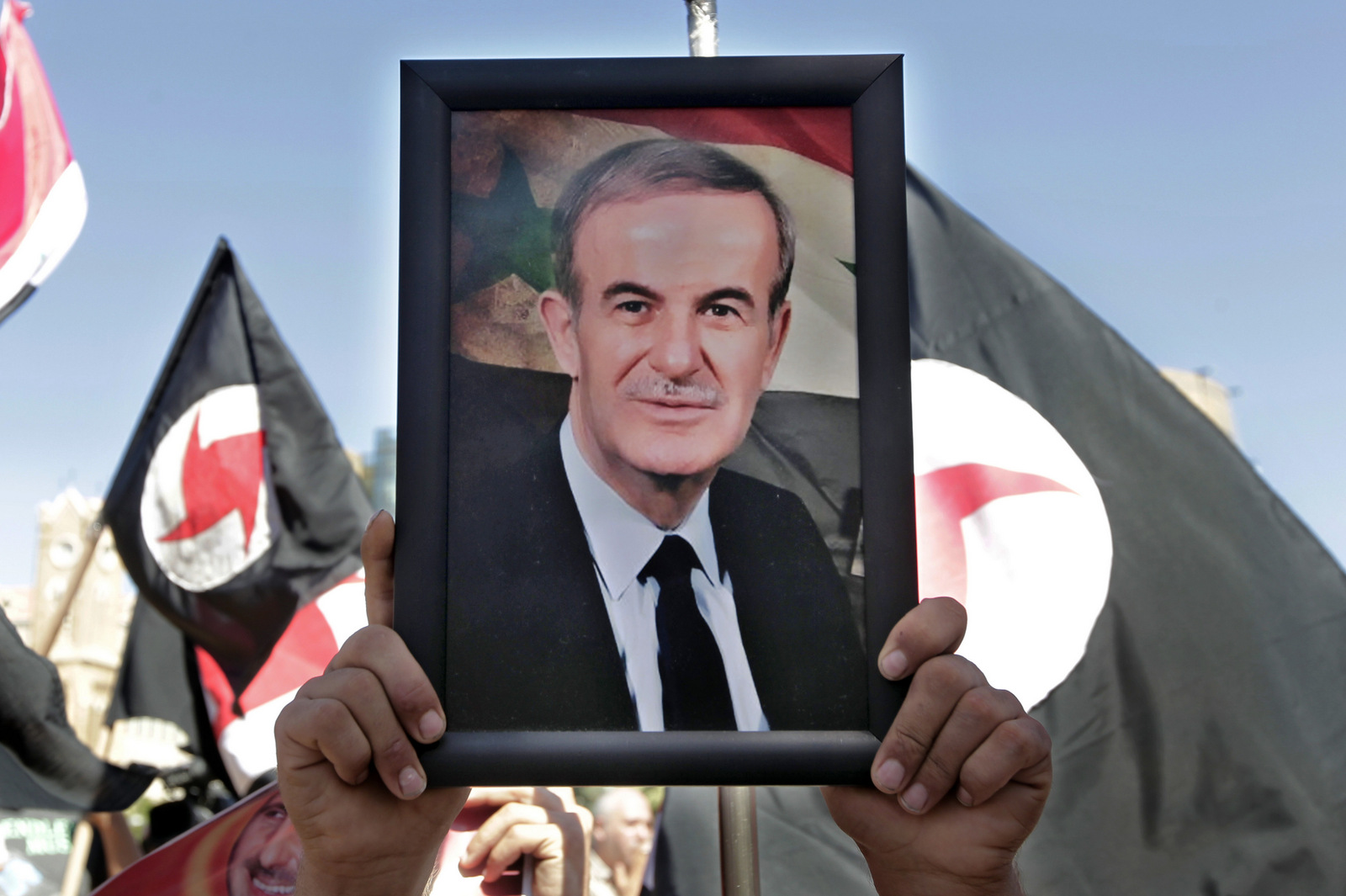
In keeping with his ideology, Saadeh opposed the colonization that broke up greater Syria. His ideology refers to a “Natural Syria,” including the Fertile Crescent, that comprises a Syrian homeland that includes the Taurus and Zagros mountains, extending to the Suez Canal and the Red Sea, across the Sinai and Gulf of Aqaba and down to the Mediterranean Sea, including the island of Cyprus, down to the Arabian Desert and Persian Gulf.
Saadeh traced Syrian history back to the ancient Phoenicians, Canaanites, Assyrians and Babylonians, believing that the people of Syria transcended religious distinctions. To him geography was the defining characteristic of the nation – not religion or ethnicity. He felt that Syria was historically, culturally and geographically distinct from the rest of the Arab world.
Saadeh witnessed the end of World War I in 1918, which saw the violent partitioning of Syria into smaller states, with part of Syrian territory given to the new Turkish government. Lebanon was cut out of Syria and declared an independent state in 1920. Syria then endured a brutal and repressive military occupation by France from 1920 to 1946.
This partitioning is playing out all over again in modern times, as reported in this 2017 article from Executive Intelligence Review:
“According to the Chairman of the U.S. Joint Chiefs of Staff General Joseph Dunford, the partition of Syria is in their plans.
As the U.S.-led coalition supports local efforts to seize Raqqa, Dunford said, another effort led by the U.S. State Department is establishing a governance body that will take over once Raqqa is seized. That governance will leverage Arab leaders who are from Raqqa and will also work on establishing a security force made up of local personnel so stabilization efforts that will follow the seizure of Raqqa.”
The plot to partition Syria – past and present
Saadeh was no friend of Turkey, as he saw them as an oppressive force determined to take Syria for themselves. As he wrote in 1937 in the newspaper Al-Nahdhah:
“The Turks took Iskanderun, and from now they are saying it is Turkish, and are spreading their ideology in it, and they are calling it by a Turkish name, and they will not stop there, they want to take over Aleppo and Al Jazeera.”
Just one year later, Saadeh wrote in the same newspaper:
“Turkey is the closest, the strongest and most dangerous country that is looking at us with greedy eyes. They are waiting for the right moment to take political advantage of Syria while in a crisis. Then what is our duty when we know our enemy’s greediness? We should be strong because weakness will allow the enemy to eat us alive. Especially, our society lost the unity which had existed among us, and that is why Syria was broken apart easily, and is continuing until now. They see in our unity the danger to their plans.”
Saadeh saw the land grab Turkey made in northwest Syria in 1920. Now, in 2017, we are witnessing history repeating itself, much of which was foreseen by Saadeh.
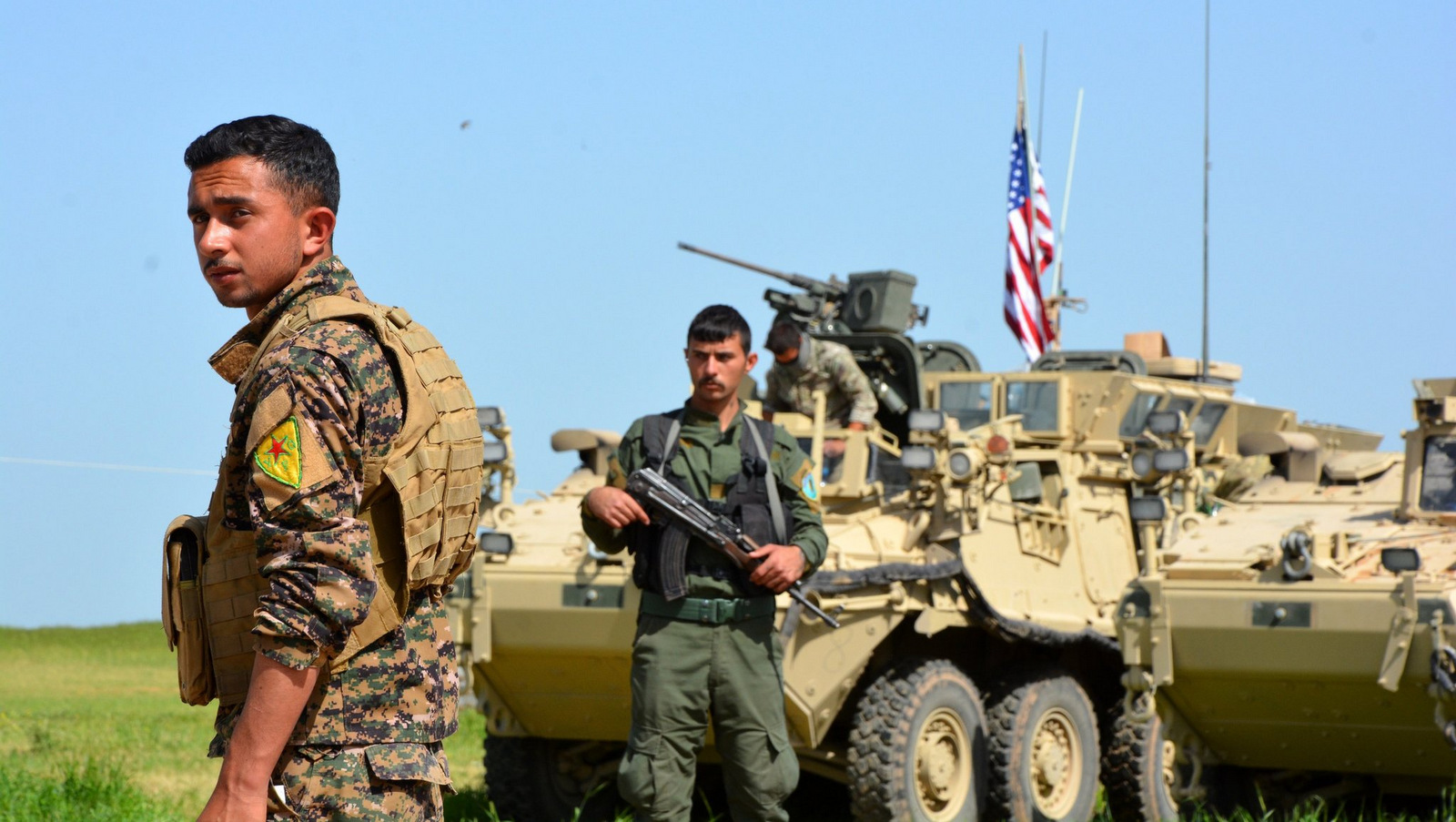
For example, in a speech given by Saadeh in Aleppo in 1948, he said:
“There is a second danger in front of our eyes. This is the danger of Kurdistan and making a Kurdish country. Foreign countries back this plan, in order to create chaos in the Middle East. By establishing a country called Kurdistan, these foreign countries will be fighting against Turkey. Don’t think that the danger is only in Palestine. The danger is all around our nation.”
Conflicts in Iraq, Syria and Turkey have created a tangle of political and military organizations among the Kurds. The estimated 25 to 35 million ethnic Kurds spread across Turkey, Iraq, Syria and Iran are at the center of several conflicts that are now reshaping the Middle East. For instance, The Kurdistan Workers’ Party (PKK) has carried out a nearly four-decade long armed struggle against the Turkish state, resulting in the deaths of about 40,000 people.
In Syria, the Kurds are full Syrian citizens, having all the same rights as other Syrians under secular civil law. Syria is made up of many religious and ethnic groups, and all are full citizens, including the country’s small Jewish community. However, some Syrian Kurds have seen the chaos brought on by external threats to Syria as an opportunity to benefit from their neighbors’ suffering.
Not only have they benefited financially by fighting as salaried soldiers under the U.S. government, but they are drawing the long-term benefit of declaring their own homeland from land they have stolen from other Syrians. Kurds currently fighting for the U.S. are committing a large-scale ethnic cleansing of non-Kurdish civilians.
Saadeh warns of the rise of Zionism
During Saddeh’s lifetime, he saw European Jewish immigrants coming into Palestine with a Zionist plan to eventually declare it a Jewish state. The Jewish state of Israel was declared in 1948, not long before Saadeh was executed.
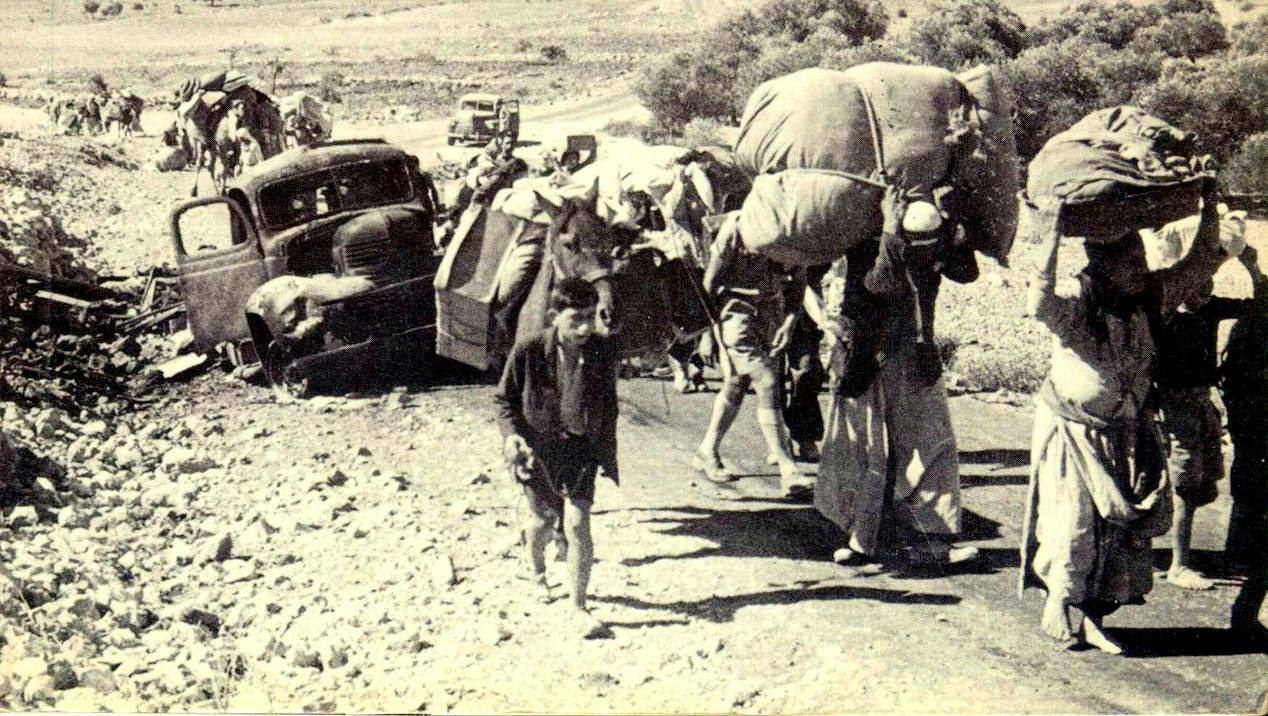
Saadeh warned of the rise of Israel. He said the dangers of the Zionists were not only in Palestine, but in Lebanon, Syria and Iraq. In 1938, Saadeh said the Zionists would not stop at Palestine, but would, in fact, want to expand beyond the region’s borders.
On March 2, 1947 Saadeh said, “The goal of the Syrian National Social party (SSNP) is to save, and should work toward saving Palestine from the greediness of the Zionists, and saving Palestine should be a Lebanese goal, not only a Palestinian goal. Zionism is a danger to the whole region.”
In the current Syrian conflict, Israel has been supporting radical Islamic terrorists who are fighting for regime change. This suits Israeli policy in Syria, and Israel has therefore gone so far as to treat wounded terrorists inside Israeli hospitals.
Related: UN Expresses Concern Over Israel’s Interaction With Syrian Militants
With the Ottoman defeat in 1918, the Arabs saw their lands divided into French and British areas in accordance with the Sykes-Picot accords of 1916. Lebanon became a French mandate and in September 1920, the frontiers of modern-day Lebanon were established. It was about that time that Saadeh completed his education and left Lebanon, first for the U.S., and a year later in 1921, for Brazil.
On May 1, 1924, the magazine San Paolo published an article written by Saadeh titled “The Fall of the U.S. from the World of Humanity.” In it, he wrote the following:
“It looks like the shining of the Dollar which has made the Americans go blind, and they attack other nations, and the blood is spilt in cold blood, against the freedom of other nations, who may have been loyal to the US and had been allies previously. The west has failed, and is bankrupt completely. The U.S. slapped nations in the face, even though they had been loyal and friends of USA. Some of those nations gave large numbers of their own young men in the world war as allies of the U.S.”
Today’s empires, tomorrow’s ashes
Greedy superpowers have sought to carve up Syria since the days of the Ottoman Empire. From the French and English after World War I to the U.S., Israel and Arab Gulf states of today – all have supported the destruction of Syria. Saadeh, in his time, worked to oppose those superpowers that would seek to endanger the country. His efforts ended with his execution on July 8, 1949, as he was found to be a danger to the geopolitical goals of the countries he opposed.
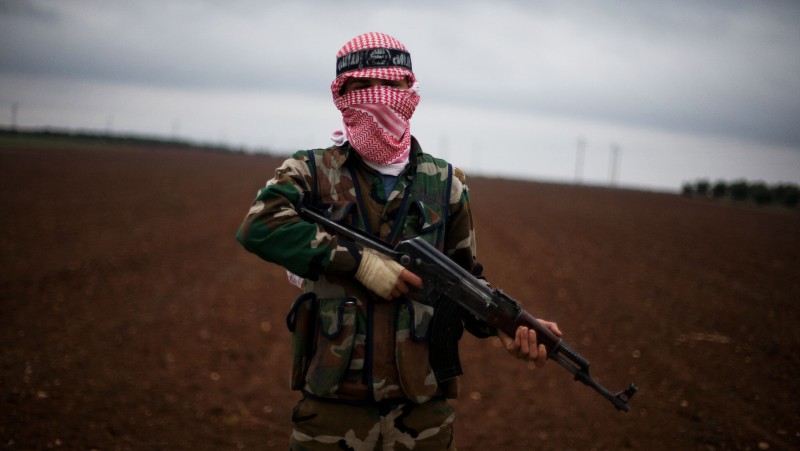
On Oct. 15, 1937, Saadeh wrote in Al-Nahdhah:
“Our ideology found in the extremist Wahhabi religion, that spread in the Arab Gulf, an enemy. The Wahhabi religion is an enemy to Christians, Sunnis and Shiites. It is a danger to all the nations around Saudi Arabia, especially the Syrian nation. It is not only an economical danger, or occupation, but it is the Saudi Royal family who are working on a war inside of the society in Syria, Lebanon and Palestine, by their agents on the ground, who are spreading Wahhabism and its goals, by the media, by politicians, and the religious clerics.”
Saadeh grew up under the oppressive occupation of his home by a foreign power. His visionary ideology touched on issues that still make headlines today, even as he wrote about them almost 100 years ago. His warnings about potential threats to Syria and the Middle East still ring true. But kingdoms built on the shifting sands of the Middle East may one day blow away in the hot desert winds and take their Western masters along in the whirlwind.


